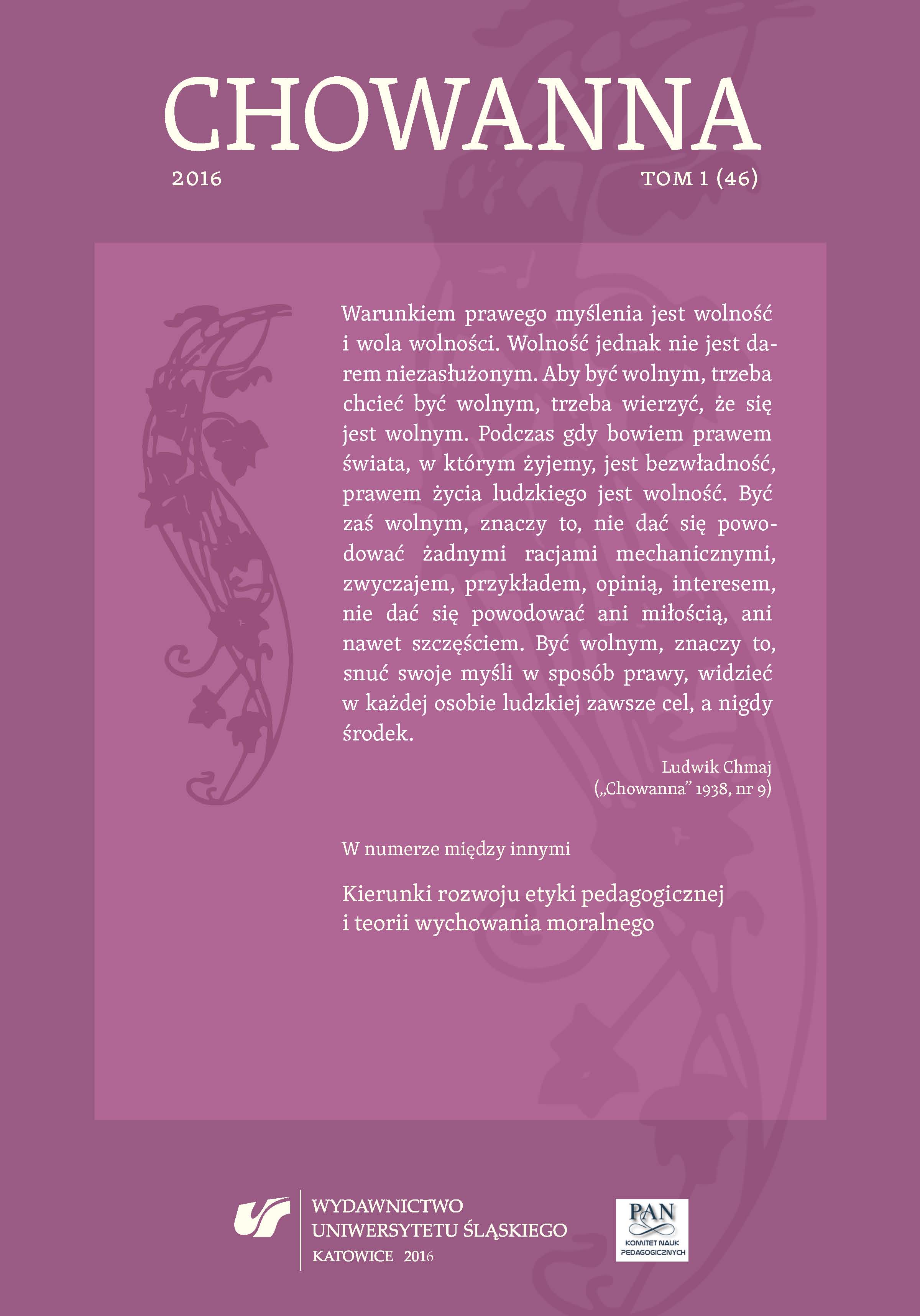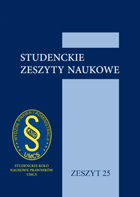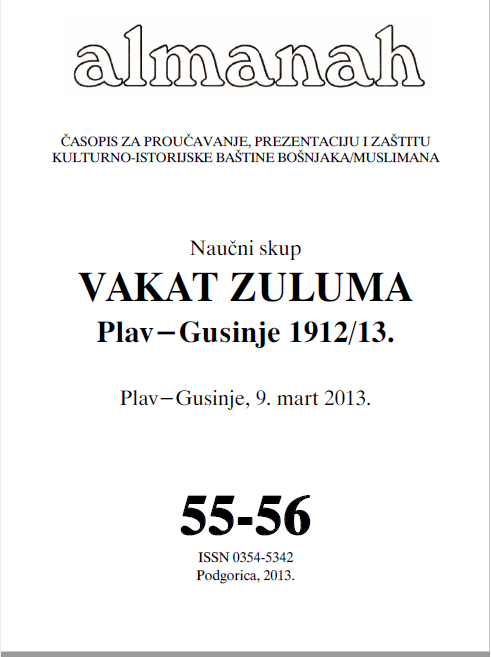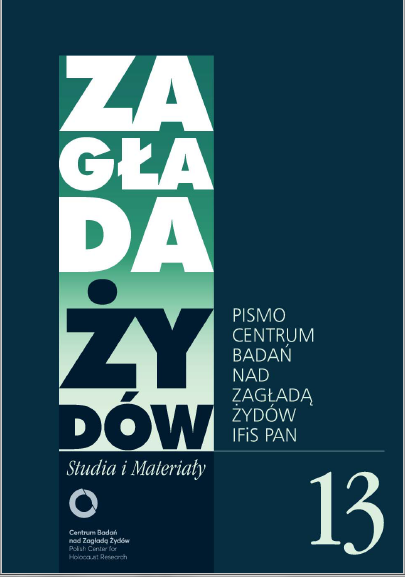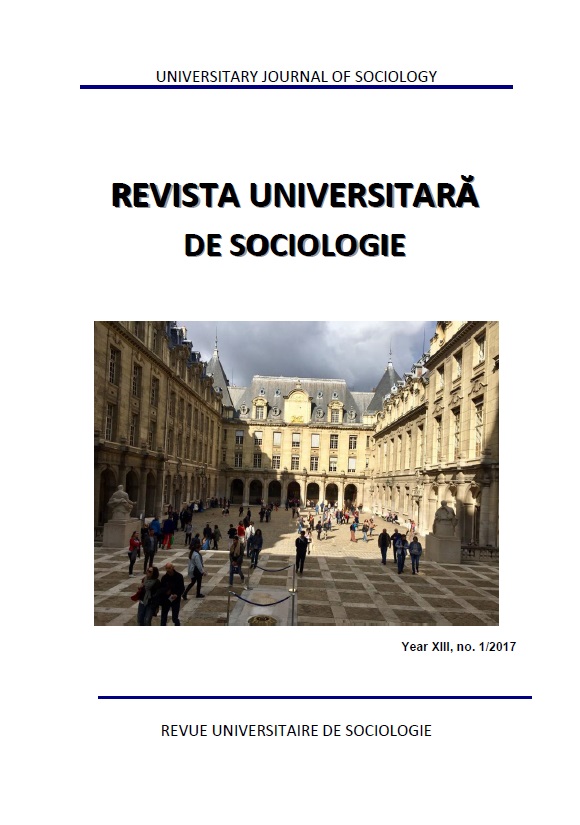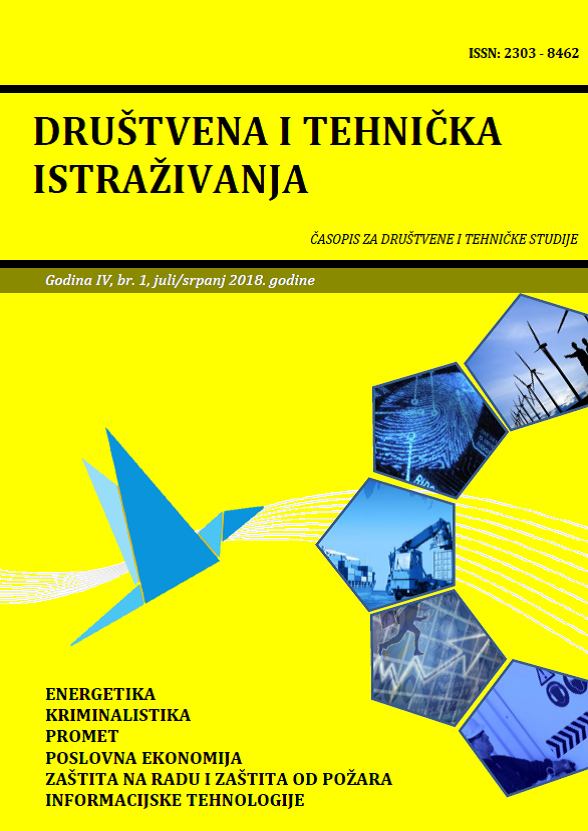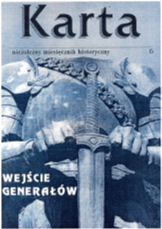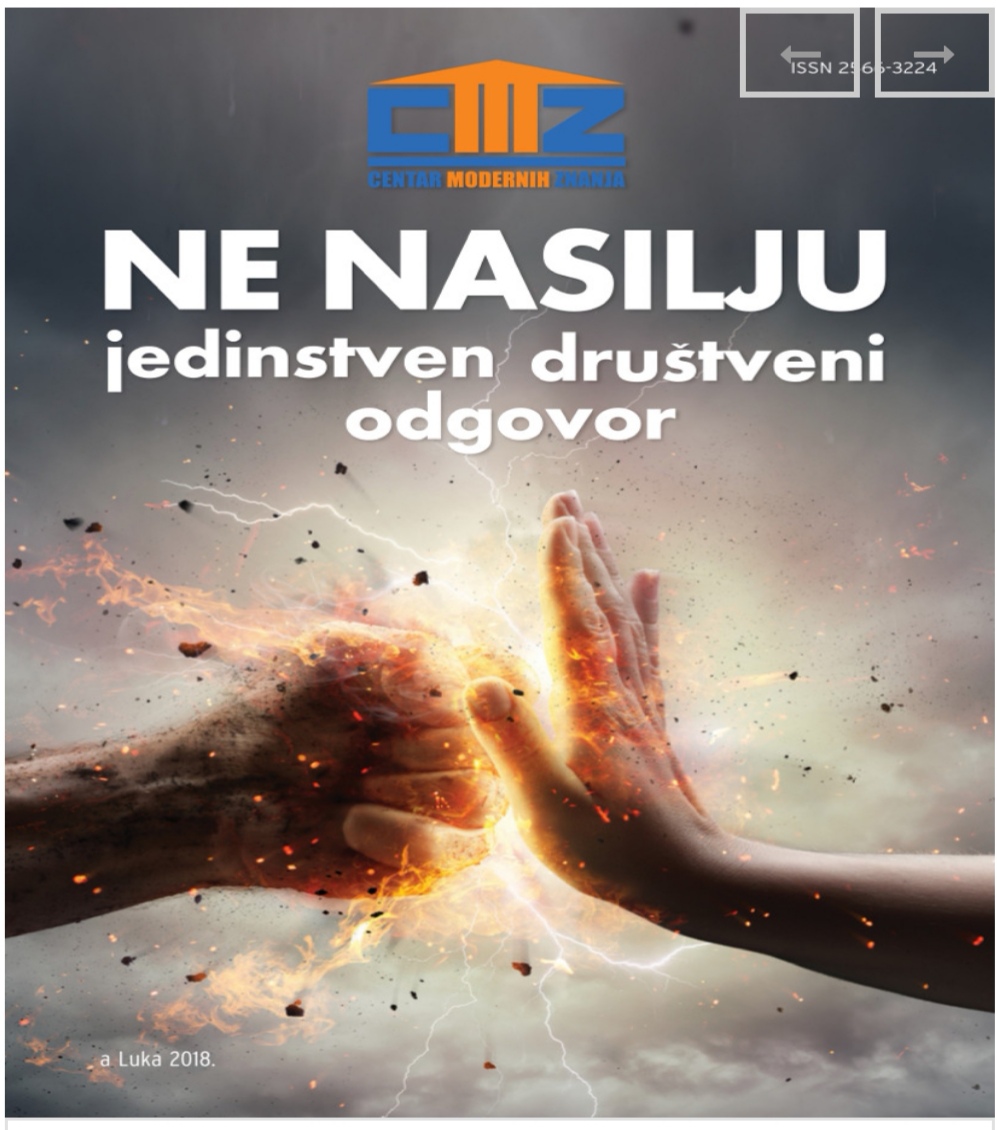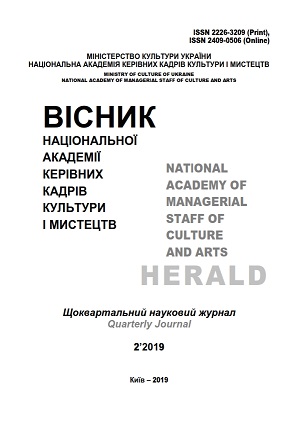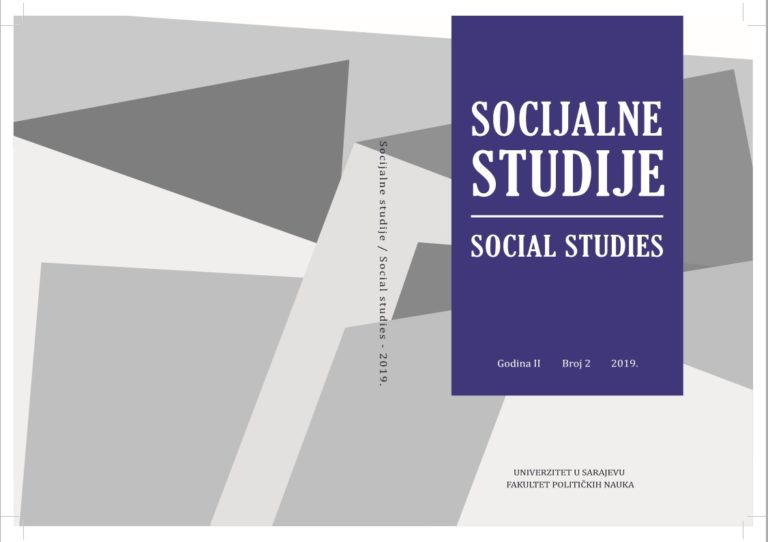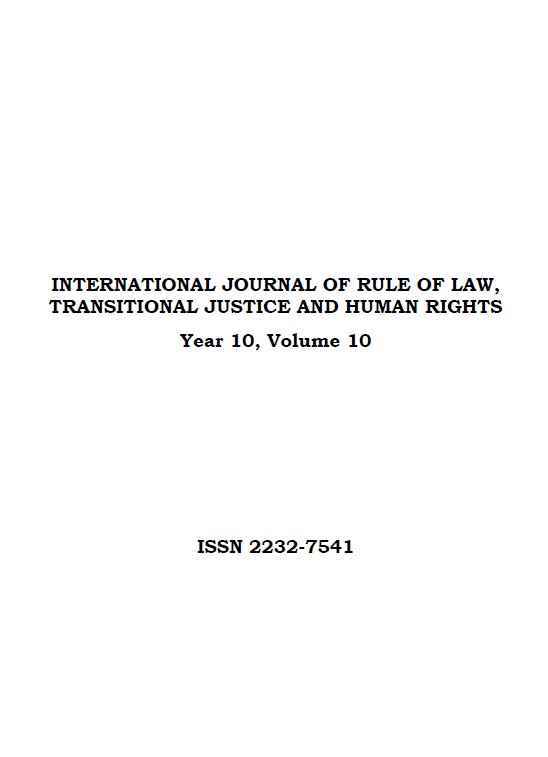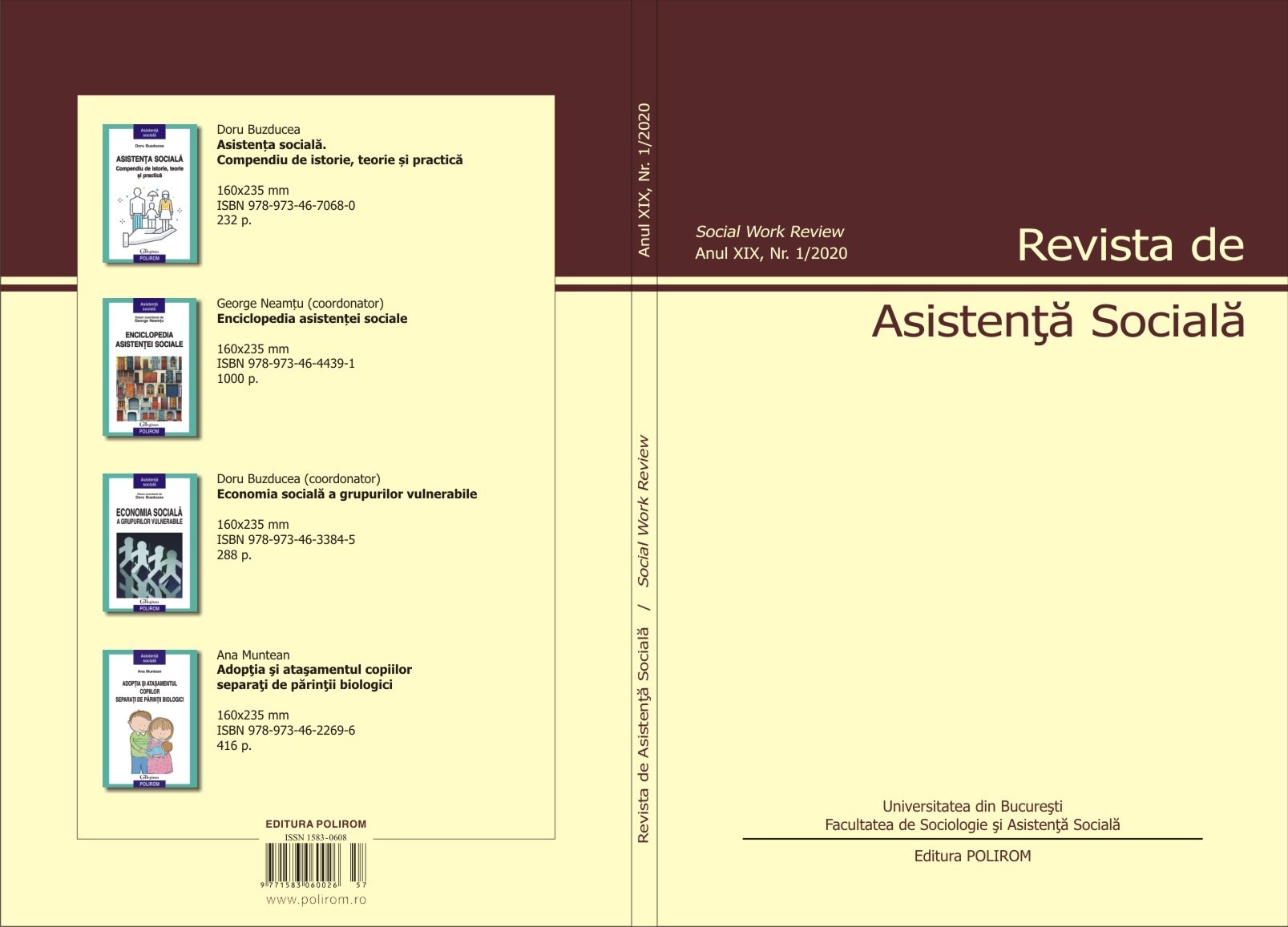Author(s): Vida Vilić / Language(s): Serbian
Issue: 2/2012
The invention and development of computers is one of the most noticable results of the fascinating development of human idea and invention. Nowadays, Internet is used in most countries of the world and the number of users increase every day. From year 2000. untill 2005. the use of the Internet has increased for 160% and it is estimated that about 938 million people in some way have access to the Internet network. The number of users in millions are worldwide: in North America -158, in Europe -95, in Asia - 90, in Latin America - 14 and in Africa - 3 million users. This number is in permanent increase: during last year in Russia, the number of active internet users increased from 3.5 to 8 million. With all the possibilities offered by the Internet and social networks, there are countless opportunities to meet new people, acquiring and developing personal and professional relationships, creating different social circumstances. In addition to the benefits that Internet and social networks provide, noticable is the increase in different violation of privacy in virtual space. The most common forms of privacy violation are: cyber stalking and cyber harassment, identity theft, cyber fraud, manipulation and misuse of personal information and personal photos, spamming, monitoring of chat rooms. Considering the number of Internet and social networks users, the number of potential victims of these crimes is countless. According to annual worldwide report there are about 6,00,000 cases of persecution; 60% of all offenses is committed in virtual space. It is estimated that in the U.S. one out of 1.250 people is the potential stalker - one out of 12 women and one out of 45 men have at least once in their lives been victims of a cyber stalker. Cyber stalking and harassment is still unregulated legal problem in Serbia. The aim of this paper is to indicate the type and typology of cyber stalkers, the similarities between the way of stalking in „real“ life and cyber stalking, and the possibilities to prevent this kind of privacy vio-lation. Certain online behaviors are quite similar to cyber stalking: frequent threats, creating lies about the victim, the victim harassment, „attacks“ on victims’ electronic mail, collecting various personal information about the victim, the victims’ identity theft and / or impersonating the victim's name, influencing others to harass the victim etc. There are different typologies of cyber stalkers; some of them most often are vindicative, composed, intimate, collective and obsessive cyber stalkers. Anyone can become a victim of cyber stalker. Although statistics show that the most of the victims are female and most of the stalkers are male, the are also cases where both victim and the stalker are of the same sex. Unlike men who „cyberhaunt“, women are less likely to haunt strangers – their victim usually being previous partners or their partner. Reducing the risk of privacy abuse is possible only by developing legal standards for the use of computers, social networks and the Internet, as well as the application of proper legal standards criminalizing this kind of behaviour.
More...
